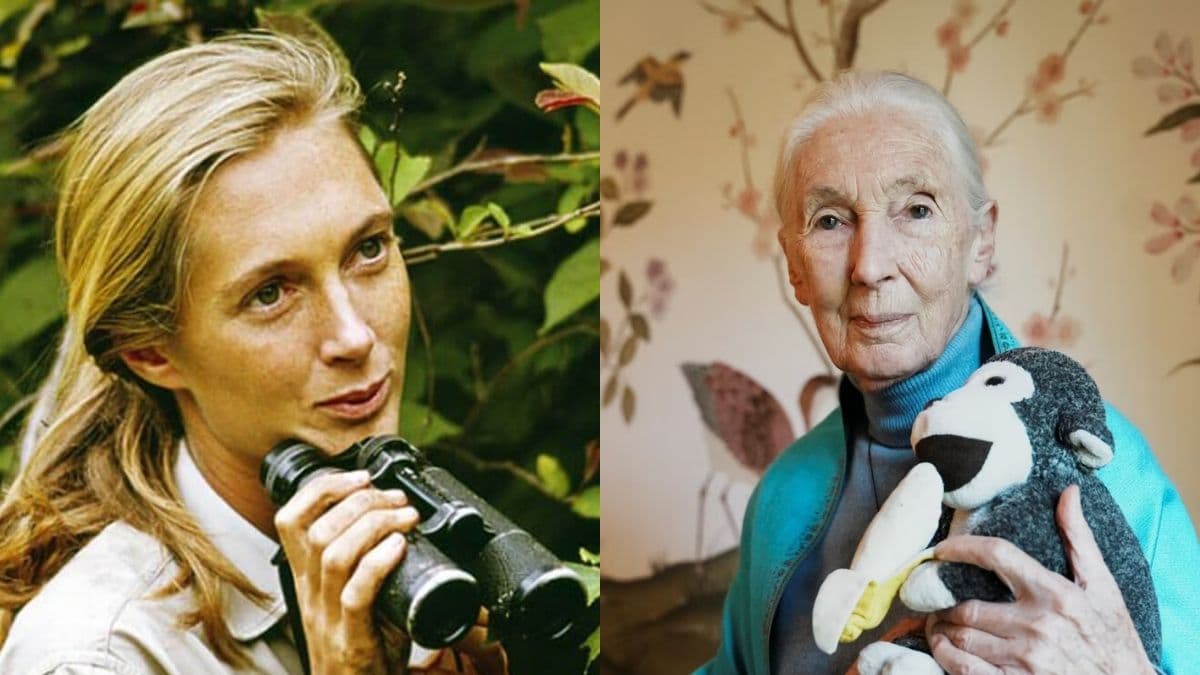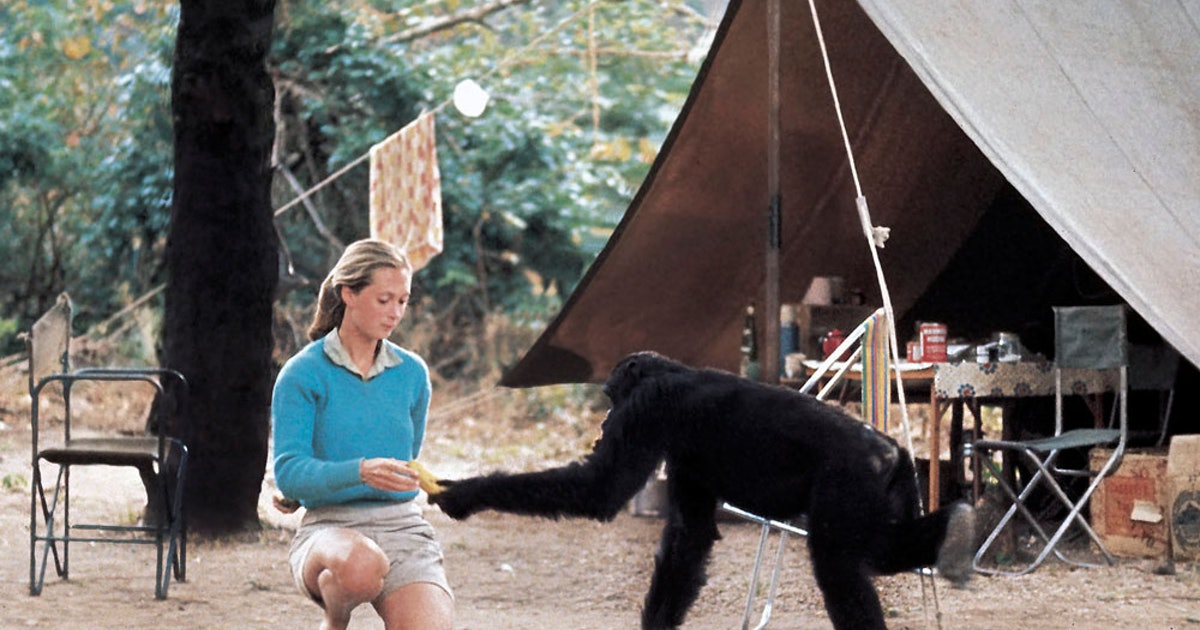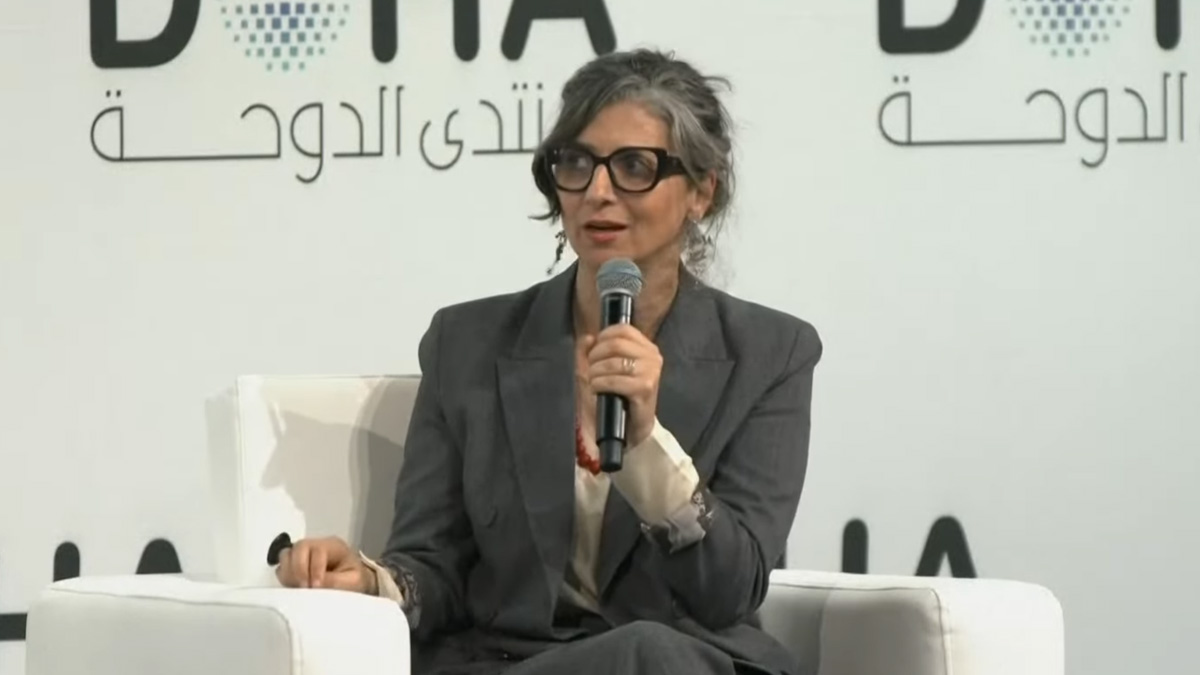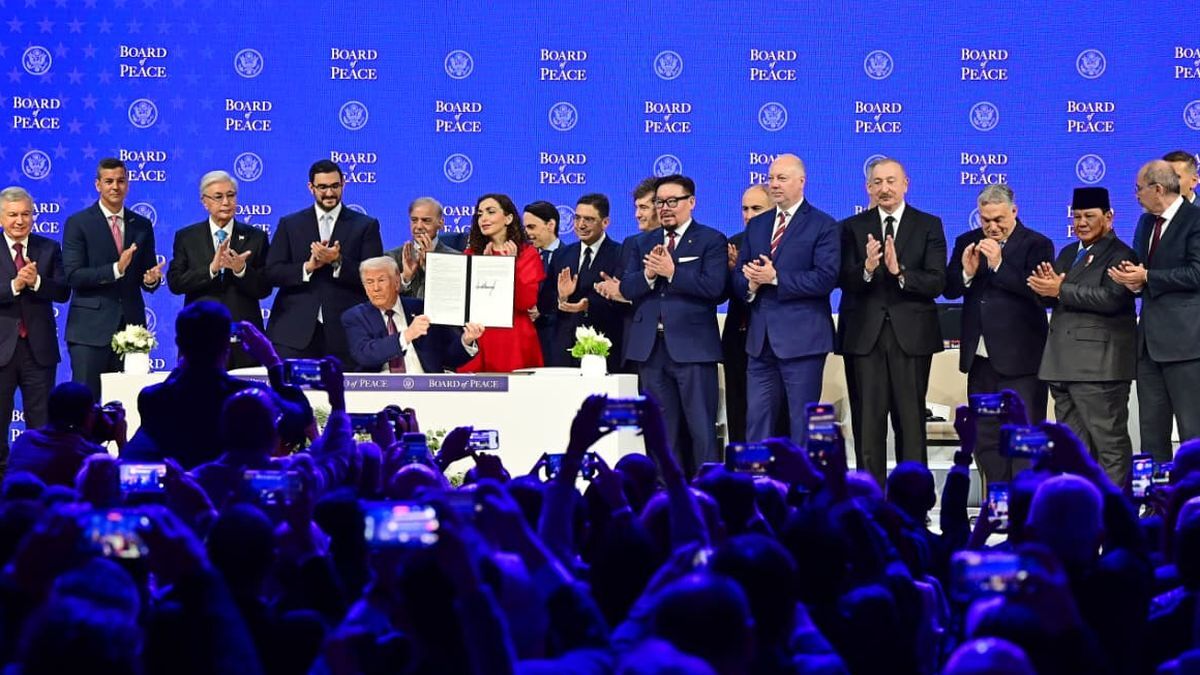Jane Goodall, pioneering primatologist and conservationist, dies at 91
Dr Jane Goodall, the world-renowned primatologist and conservationist, has died at 91. Her ground-breaking work with chimpanzees redefined science and inspired generations to protect the natural world. Tributes are pouring in worldwide.

Dr Jane Goodall, the British primatologist and conservationist whose studies on wild chimpanzees transformed science, has died at the age of 91.
The Jane Goodall Institute confirmed in a Facebook post that she died of natural causes in California on Wednesday during a speaking tour in the United States.
“Dr Goodall’s discoveries as an ethologist transformed science, and she was a tireless advocate for the protection and restoration of the natural world,” the institute stated.
Born in London in 1934, Goodall first travelled to Tanzania in 1960, beginning fieldwork that would fundamentally reshape how scientists and the public understood chimpanzees. Her early discoveries included evidence that chimpanzees could make and use tools, challenging the belief that this ability was unique to humans.
One of her most significant observations came in 1960 when she saw a chimpanzee, David Greybeard, fashion a twig to extract termites from a mound. The finding forced a redefinition of humans’ place in nature.

Her unconventional research approach drew criticism in its early years. Unlike most scientists of her time, she named chimpanzees rather than numbering them and immersed herself in their daily lives. However, her work was later celebrated as pioneering, highlighting the emotional and social complexity of animals.
Goodall’s findings reached a wide audience after she appeared on the cover of National Geographic in 1963 and later in documentaries. Images of her interacting with chimpanzees, including one with the young chimp Flint reaching towards her, became iconic.
In 1977, she established the Jane Goodall Institute, dedicated to protecting great apes and their habitats. The institute also launched Roots & Shoots, a youth-focused programme that promotes environmental stewardship.
Goodall became known as a tireless traveller, continuing to spend nearly 300 days a year giving talks and meeting communities, even after turning 90. She balanced urgent warnings about deforestation, climate change and biodiversity loss with messages of hope and practical action.
In 2002, she was appointed a United Nations Messenger of Peace, further amplifying her role as a global voice for conservation and humanitarian causes.
The United Nations said in a statement on X: “Today, the UN family mourns the loss of Dr Jane Goodall. The scientist, conservationist and UN Messenger of Peace worked tirelessly for our planet and all its inhabitants, leaving an extraordinary legacy for humanity and nature.”
Goodall’s death was announced on the day she was scheduled to meet students in Pasadena, California, to launch a project to plant 5,000 trees in wildfire burn zones. The first tree was planted in her memory after a moment of silence.
Spokesperson Shawna Marino, who helped organise the event, said: “I don’t think there’s any better way to honour her legacy than having a thousand children gathered for her.”
Tributes have poured in from political leaders, animal welfare groups, and admirers around the world. United Nations Secretary-General António Guterres wrote: “I’m deeply saddened to learn about the passing of Jane Goodall, our dear Messenger of Peace. She is leaving an extraordinary legacy for humanity & our planet.”
Goodall’s influence extended far beyond science. She reshaped global conservation movements and inspired generations to act for animals and the environment. Her work continues through the Jane Goodall Institute and the many projects she championed.







